Key Points
- Consumers with limited or poor credit histories could benefit from the use of alternative data.
- UltraFICO and Experian Boost give you the opportunity to improve your credit score using account histories already in place.
- You must register and approve the use of any non-traditional data in your credit score.

The quality of your credit impacts your access to loans and other forms of credit and plays a role in how much you pay for insurance, utility deposit requirements, your ability to obtain housing, and even qualify for certain jobs.
The heavy emphasis on credit hurts the nearly 40 million Americans, or 22% of the adult population that have either “thin Credit” or no credit.
If you have less than average credit, tapping into non-traditional credit data can help raise your credit score.
What Accounts Do Companies Use to Establish a Credit Score?
FICO (Fair Isaac Corporation), the largest credit scoring company in the US, uses information found in your credit reports to determine your credit score.
The three major credit bureaus (Experian, Equifax, and Trans Union) maintain a database of information about how consumers pay their bills. When you open an account, the companies record your payment history, the credit limit, balance, and most recent payment for each reported account. FICO then plugs this data into a proprietary algorithm to calculate your score, ranging from 300 and 850.
To receive a score, you must have at least one reported account in the last six months that has been open for at least six months.
What Accounts Get Reported to The Credit Bureaus?
Traditional credit reporting includes most loans and lines of credit, including the following:
- A home mortgage loan or line of credit
- Vehicle loans
- Student loans
- Personal loans
- Credit card accounts
Companies may also report collections, including accounts traditionally not reported, such as medical bills, utility payments, or cell phone bills.
What Accounts Are Considered Alternative Data?
Alternative data provides a way to establish a positive credit history using any account not traditionally reported on your credit report. Alternative data can be any of the following:
- Rent payments
- Rent-to-own accounts
- Title loans
- Utility payments such as water, gas and electric bills
- Cell phone bills
- Streaming services
- Bank account histories
Using alternative payment histories could produce a credit score, giving you access to credit. It could also increase your credit score if you faced a previous financial crisis that resulted in late payments damaging your score.
How Can You Add Alternative Data to Your Credit File?
In 2018, FICO introduced a scoring model that considered alternative data. The UltraFICO allowed consumers to give FICO permission to review and add bank account information to the scoring algorithm. FICO would then review bank information such as account balances, activity, and account history for credit scoring purposes. Consumers who maintain accounts with higher balances and no negative activity benefit.
Shortly after, the credit bureau Experian introduced Experian Boost as a way to add alternative data to credit scoring models. Experian Boost allows you to include payment histories for utilities, cell phones, and streaming services to your file to “boost” your credit score.
While both programs are free, to qualify, you need to have accounts in your name, and you must approve the use of alternative data in your credit file. Experian Boost works with FICO 8, and UltraFICO works for lenders reviewing Experian’s FICO 8 and FICO 9.
